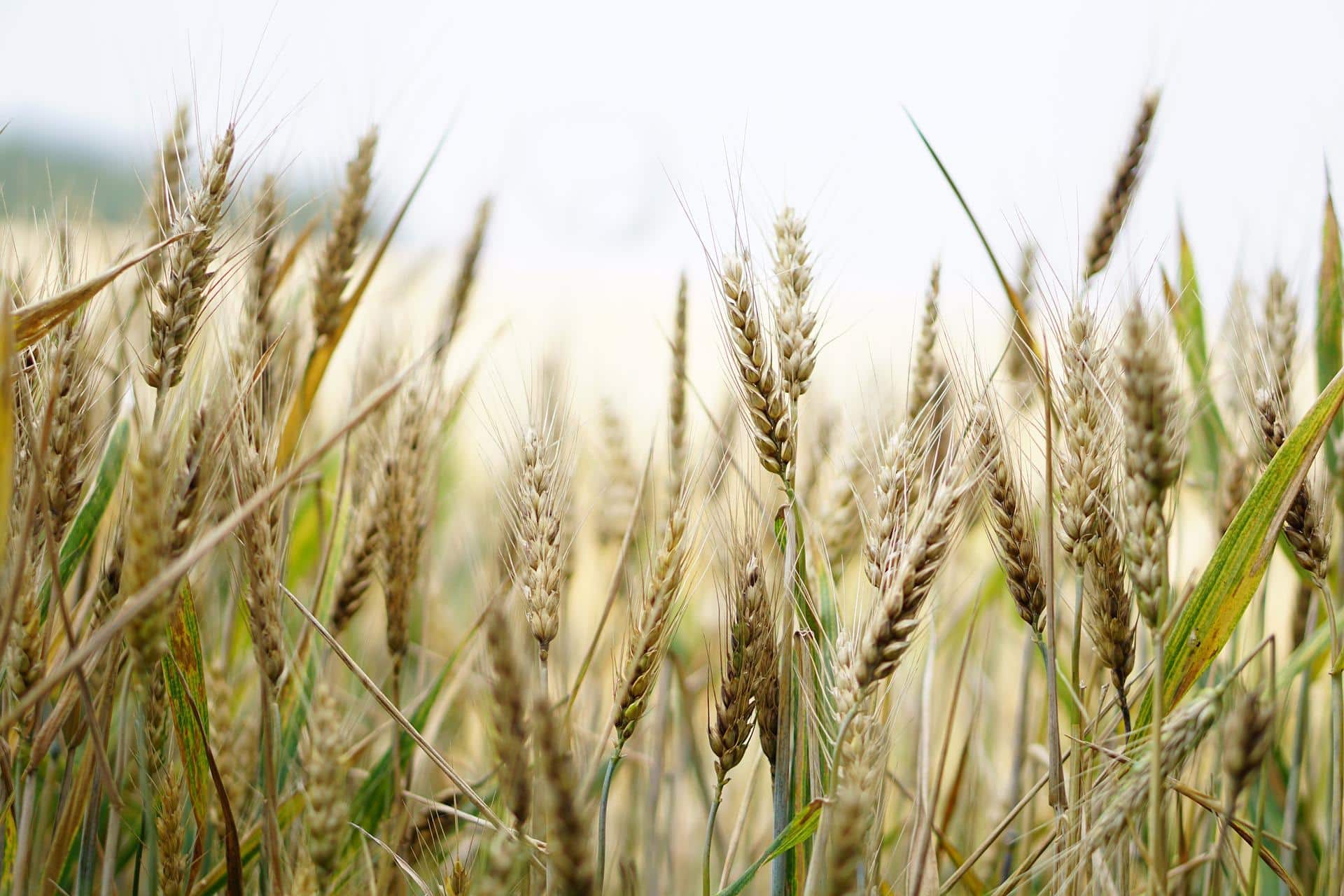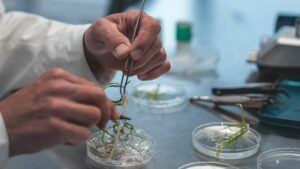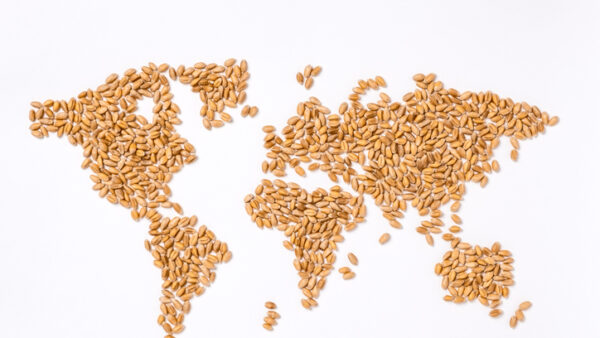Amid the invasion of Ukraine, global wheat supply has taken a dive. July’s World Agricultural Supply and Demand Estimates (WASDE) from the USDA reports U.S. wheat exports are projected at 800 million bushels, down from 2021.
Meanwhile, the FAO’s forecast for global cereal production was raised by 7 million tons in July from June and is estimated at 2.8 million tons globally. Unfortunately, that number is down — .6% short of the world output in 2021
As the globe continues to make up the difference, finding new ways to improve wheat yield is imperative.
Researchers from the Chinese Academy of Sciences, together with collaborators from Peking University, found that gene editing of an APETALA2/ethylene responsive factor (AP2/ERF) transcription factor, DUO1, could significantly improve wheat grain yield.
“The discovery of this gene provides superior allelic variation for improving wheat yields and has positive implications for addressing the food security crisis,” said Scott Boden, an internationally renowned wheat researcher at the University of Adelaide, Australia.
The release notes that wheat — one of the globe’s most important food rations — is inbred and has low genetic diversity. Therefore, by creating new alleles and identifying new loci, you can further improve wheat grain yield traits.
The research team, led by Jiao Yuling from the Institute of Genetics and Developmental Biology of the Chinese Academy of Sciences, Brachypodium distachyon spikelet mutant lines as a means of investigating genes regulating spikelet number in wheat. They identified an insertion mutant — bdduo1 — that “exhibits an increased number of spikelets per spike.”
After editing the wheat gene with CRISPR technology, they found the spikelets in the lower middle part of the spikes exhibited a multi-spikelet phenotype — during yield plot experiments, the gene edited grain produced more grains per spike than the wild type.
Research was published in Nature Plants.
Want to read more? Visit:
Supply Chains on the Right Trajectory for Correction
SANSOR Says the Seed Industry Could Correct Desertification
Researchers Tap into Genetic Potential to Double Global Wheat Production












